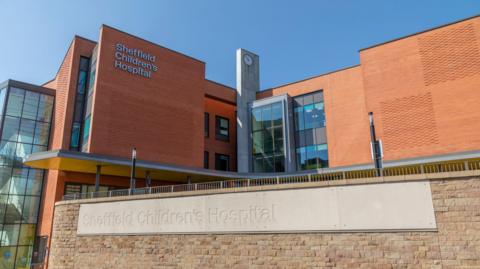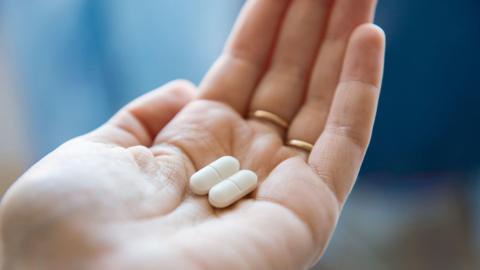A child developed a life-threatening infection after being repeatedly drugged by her mother, a judge has found.
The unprescribed medication was administered for more than a year and led to the girl needing a long stay at a children’s hospital, unable to eat or drink and needing 10 blood transfusions.
The judge found her mother’s actions caused the girl, now aged 15, to also suffer significant emotional and psychological harm.
Two other women accused of harming their children in the same way at the same hospital around the same time were found to have not done so following a Family Court hearing.
The children were all long stay patients – often on the same ward – at Sheffield Children’s Hospital during 2020 and 2021.
Each came from separate, previously unconnected families but developed unexplained medical problems that led to their mothers being arrested.
The women, who had all stayed with their children at the hospital, were accused of making their children ill by administering unprescribed drugs and by deliberately contaminating their feeding lines with faecal material.
All the children made a rapid recovery after their mothers were arrested.
Reporting restrictions prevent the naming of any of the families involved in the case.
All three children - the girl and two young boys, now aged five and six, presented with chronic digestive – gastroenterological – illnesses and an apparent inability to eat and drink normally.
Each had to have lines inserted into a vein to deliver nutrients to keep them alive.
They had an exceptionally high number of bacterial infections in their lines, leading to life-threatening sepsis.
Clinicians at Sheffield Children's Hospital could not understand why the children were so ill and eventually concluded they might be the victim of fabricated or induced illness (FII).
This is described by the NHS as “a rare form of child abuse”, where a parent exaggerates or deliberately causes symptoms of illness in a child.
The actions of each mother were suggested to have led to multiple, avoidable medical interventions, prolonged hospitalisation and brought each child close to death.
The mothers of the two boys were found not to have done so.

